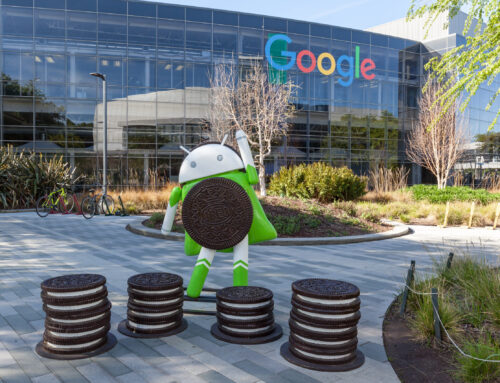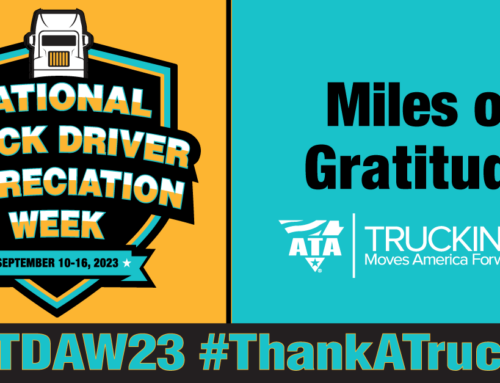Search Engine Marketing can become quite a technical task. Here are some terms to know and tips on how to get started.
Terms to Know:
- Google Ads – Google’s advertising system where advertisers bid on certain keywords in order for their clickable ads to appear at the top of search results.
- Impression Share – the amount of search ad impressions available in a certain geographic area
- Cost-per-click (CPC) – most search ads are sold on a cost-per-click basis, meaning you only pay for the clicks you get from a served ad.
- Bid – the maximum amount of money an advertiser is willing to spend each time a searcher clicks on the ad. Recommended bids can vary widely based on competition from other advertisers and how often a keyword or term is searched.
- Bounce Rate – the action where a searcher clicks on a search result, but quickly bounces back to the search results page. This can be a sign that the searcher did not find the desired information with that click.
How to Get Started:
Outline your objectives.
Just like any other campaign, it’s important to map out measurable objectives before anything else. What do you hope to gain from an SEM campaign? What will success look like? It could be to increase your website’s traffic by 10 percent, or to increase sales by five percent for a particular product or service. You might want to segment your objectives by the different audiences you are trying to reach. Whatever it is, make sure to define your measures for success before moving on to the next step.
Once you identify your objectives, you can optimize campaigns around them. If your goal is more phone calls, some keywords and phrases may drive more calls than others. They may also be more expensive, which would require a more aggressive bidding strategy. You can also set up those goals through Google Analytics to see what worked and what didn’t.
Build out relevant content.
Search engines will scan your page for relevant content once you place a bid on a keyword. If you bid for the phrase “things to do in Charleston” but when a user clicks on the ad, the information on your page is about things to do in Columbia, your ad will likely not be shown. Google and other search engines will assign a score to your bid by analyzing how well your landing page content matches the keyword you want to bid on. Called a relevancy or quality score, it will go up as you increase the amount of well-written, relevant content on your site, which ultimately increases the likelihood of your ad appearing at the top of search results.
Manage and optimize your campaigns.
If you aren’t a search marketing expert, manually managing and optimizing your campaigns can become overwhelming very quickly. Bid management platforms such as MatchCraft allow you to maximize the efficiency of your campaigns by automating the process. These platforms automatically monitor and change bid prices, pause campaigns, manage budget maximums, adjust multiple keyword bids based on CTR (click-through rate), position ranking and more.
Want more information on SEM and how you can utilize it to increase conversions? Download our ebook: SEM Unwrapped.





Leave A Comment